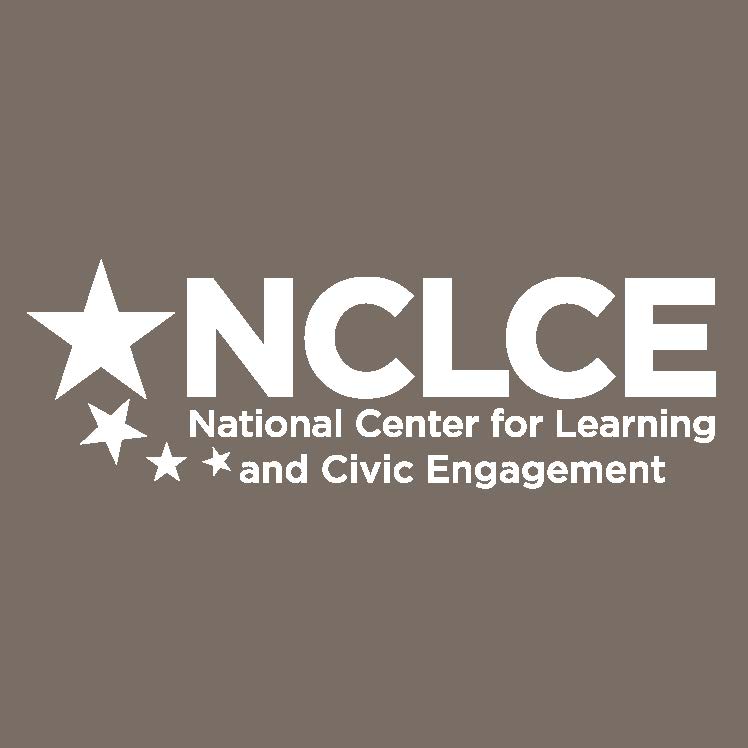Have you ever wondered what it would be like to be President of the United States? In this day and age most of us typically see the life of a president through the lens of the media — presented via a stream of snippets, press conferences, State of the Union addresses and headlines designed to grab our attention. I wonder if students today give much thought to what it means to be the president — what it’s like to step into the enormous responsibility of keeping our nation safe and of helping to create a society where all citizens prosper.
As we approach Presidents Day 2015, perhaps all of us, students and adults alike, would do well to consider the enormous sacrifices made by our presidents and their families over the years. One way to do that might be to research some of the great memoirs and autobiographies that have captured the lives of presidents from their perspective.
Before jumping headlong into this kind of research, however, it makes sense to understand the roles and responsibilities of being president, keeping in mind that every individual who has ever held this office is human, and therefore imperfect. It’s easy to judge, but let’s not forget that we all stand to learn something significant about and from these leaders by peering into their rendering of what life as president was like for them.
Next, what if, rather than focusing on which president served when and for how long, we were to encourage students to ponder what it takes to be an effective president. I suspect that question would elicit varied responses, but it is a valid consideration, especially for young people approaching their first voting experience.
So, what does it take to be an effective leader? Acclaimed historian Doris Kearns Goodwin identifies the following qualities as those essential to being a ‘great’ president:
He/She:
- Has the courage to stay strong in the face of adversity
- Is confident enough to seek different viewpoints
- Can learn from his or her mistakes
- Is willing to embrace change
- Is emotionally intelligent (willing to share credit with others, accept blame, and convey strength)
- Can maintain self-control in the midst of trouble
- Is aware and in touch with popular sentiment
- Possesses a strong moral compass
- Is able to relax
- Communicates well and inspires others.
Historical events, facts and figures are certainly an important element of the study of our nation’s leaders, but we can take that learning one step further by helping students examine more thoughtfully the gravity of being an American president. We can help them look at our leaders from a more humanistic perspective by peeling back the layers of a president’s life — in the White House, under the microscope — dealing with the normal challenges of marriage and family life.
We can stimulate kids to think of the myriad pressures and challenges presidents have faced over the years and how the weight of their responsibilities may have impacted the country, their political parties, their own lives and the lives of their families. So don’t be afraid to mix it up! Encourage young people to look at our leaders with ‘new eyes’. Empathy can be a powerful teacher.
Here is a short list of innovative lesson ways to teach/learn about presidents:
If You Were President Activity (Grades 3-5)
http://www.scholastic.com/teachers/activity/if-you-were-president-scholastic-news-online-activity
Write a Letter to the President (middle school grades)
http://www.education.com/activity/article/write-letter-president-president-day/
Research Presidential Monuments around the country (Grades K-2, 3-5, 6-8, 9-12)
http://www.educationworld.com/a_lesson/01-1/lp223_02.shtml
Design a Mock Webpage for a Favorite President (Grades 7-8)
Features might include sound clips, photographs, current events of the time, family news, and fun facts.
http://www.eduplace.com/monthlytheme/february/presidents.html
Research Presidents’ Autobiographies/Memoirs for insight into their experiences/insights during office (Grades 9-12)
Some suggestions:
- Abraham Lincoln
- Ulysses S. Grant
- Theodore Roosevelt
- Herbert Hoover
- Dwight D. Eisenhower
- Harry Truman
- Lyndon Johnson
- Richard Nixon
- Jimmy Carter
- Ronald Reagan
- George W. Bush
For something really different:
A Great source for learning a bit about our presidents and even some First Ladies!
Lisa Guilfoile is Project Specialist at the National Center for Learning and Civic Engagement. Contact her at lguilfoile@ecs.org or (303) 299-3690.




